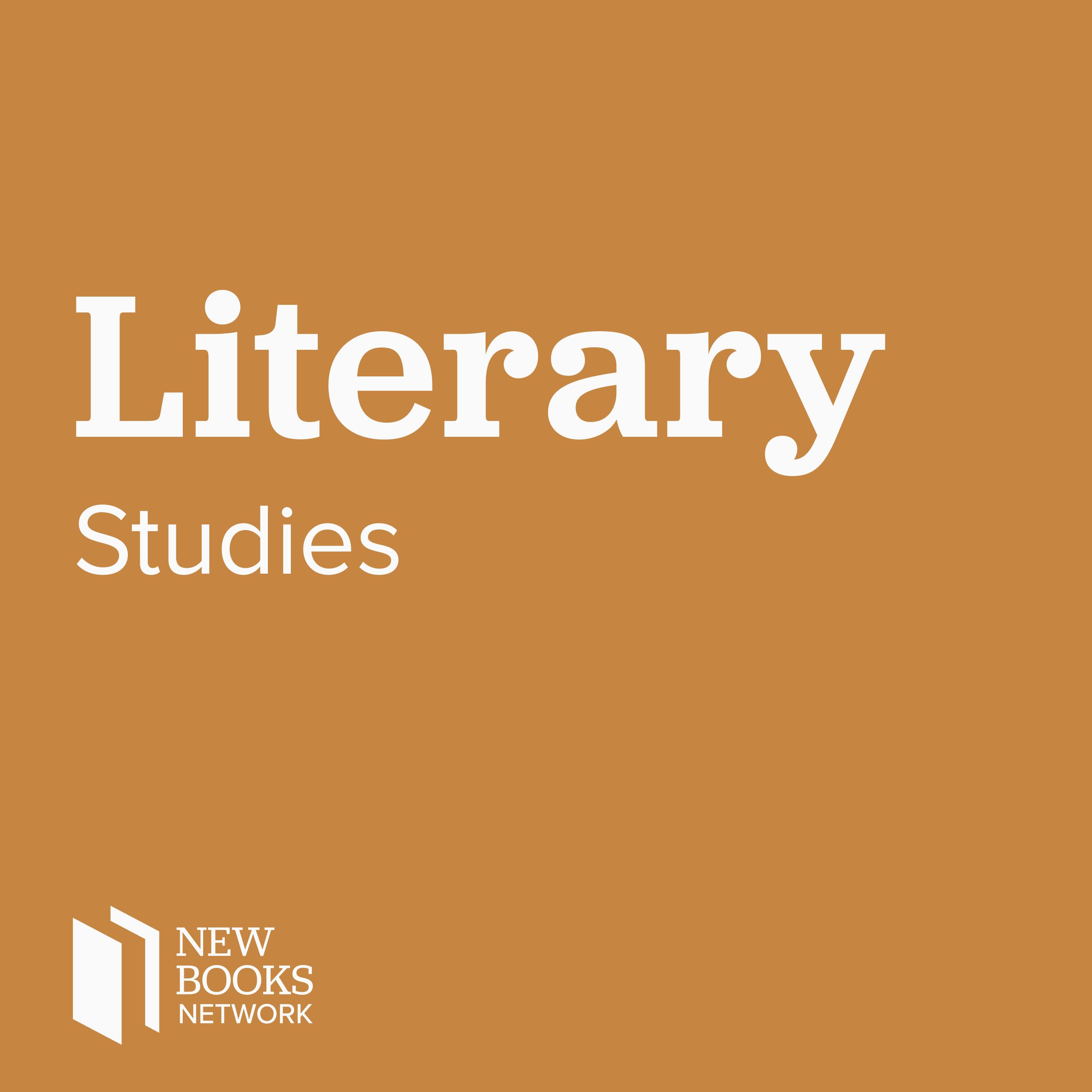
Rory Finnin, "Blood of Others: Stalin's Crimean Atrocity and the Poetics of Solidarity" (U Toronto Press, 2022)

New Books in Literary Studies
Shownotes Transcript
Blood of Others: Stalin's Crimean Atrocity and the Poetics of Solidarity) (U Toronto Press, 2022) offers a cultural history of Crimea and the Black Sea region, one of Europe’s most volatile flashpoints, by chronicling the aftermath of Stalin’s 1944 deportation of the Crimean Tatars in four different literary traditions.
In the spring of 1944, Stalin deported the Crimean Tatars, a small Sunni Muslim nation, from their ancestral homeland on the Black Sea peninsula. The gravity of this event, which ultimately claimed the lives of tens of thousands of victims, was shrouded in secrecy after the Second World War. What broke the silence in Soviet Russia, Soviet Ukraine, and the Republic of Turkey were works of literature. These texts of poetry and prose – some passed hand-to-hand underground, others published to controversy – shocked the conscience of readers and sought to move them to action.
Blood of Others presents these works as vivid evidence of literature’s power to lift our moral horizons. In bringing these remarkable texts to light and contextualizing them among Russian, Turkish, and Ukrainian representations of Crimea from 1783, Rory Finnin provides an innovative cultural history of the Black Sea region. He reveals how a "poetics of solidarity" promoted empathy and support for an oppressed people through complex provocations of guilt rather than shame.
Forging new roads between Slavic studies and Middle Eastern studies, Blood of Others is a compelling and timely exploration of the ideas and identities coursing between Russia, Turkey, and Ukraine – three countries determining the fate of a volatile and geopolitically pivotal part of our world.
Matthew D. Pauly)* is an associate professor at Michigan State University. His focus is Russia and Eastern Europe. @MatthewDPauly.*
Learn more about your ad choices. Visit megaphone.fm/adchoices)
Support our show by becoming a premium member! https://newbooksnetwork.supportingcast.fm/literary-studies)